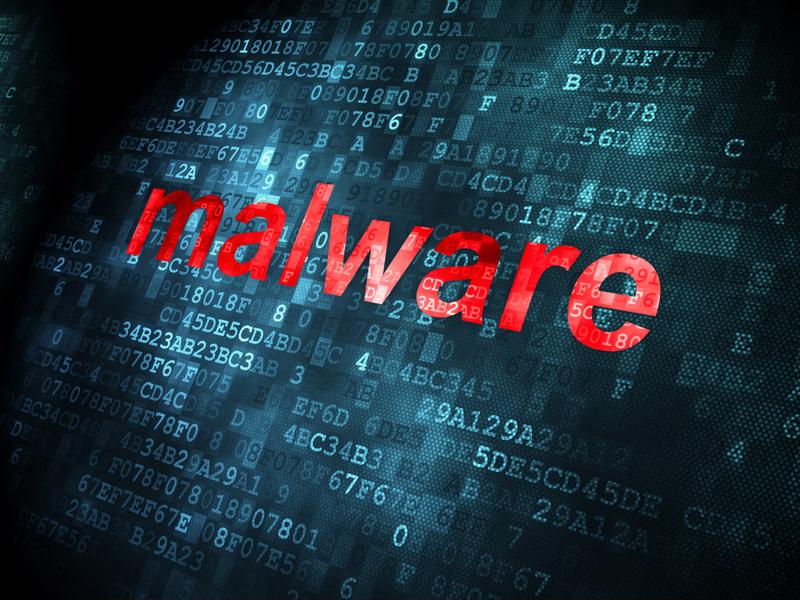Imagine that you're using your computer for something important. You're just about to put the final strokes on your project when suddenly an error message pops up. Upon further inspection, you see the Microsoft logo and recognize this as a warning message that something has gone wrong with your system. There might even be a number for you to call in order to fix the issue.
While this may seem like a typical situation, there's actually a chance that someone's trying to scam you. Hackers know that people trust the Microsoft name, and they've begun to use this to their advantage.
Scammers use fake phone numbers as well as malware
The above situation is actually a description of a malware variant that Microsoft has named Hicurdismos. According to ZDNet's Liam Tung, this malicious piece of software almost perfectly mimics an error message that you might receive from Windows. In fact, the only noticeable difference is that the fraudulent one has a number on it for users to call.
"Hicurdismos takes away your ability to bring up the Task Manager."
The reason that this scam seems to work so well is that the hackers pretty much eliminate any possible recourse on the part of the victim. Hicurdismos takes away your ability to bring up the Task Manager, which means that you aren't able to simply terminate it. On top of that, it also hides your cursor. Even more technically savvy people might not be able to understand what's happening, and someone in this situation would simply assume that their only option would be to call the number. Of course, this number directs you to a hacker hotline, where a cyber criminal works to gather personal information about you.
Apparently, this attack begins when the user downloads a false iteration of Security Essentials. That said, Tung reports that this fake piece of software doesn't have a certificate from Microsoft, which will generate a warning that the download might not be safe to run. If something that should be associated with Microsoft gives you such a message, you should absolutely refrain from using it.

Users must always act with caution and report fraudsters
At the end of the day, the only thing you can do is be mindful of how you navigate the online world. Only download software from reputable sites, and realize that Microsoft will never display a support number with its error messages.
That said, mistakes happen, and if you do ever happen to fall victim to one of these schemes, its vital that you report it. Many people tend to become shameful when they give up information to a scammer, therefore keeping the problem to themselves. This only empowers the hacker and lowers the chances that they will be caught. If you feel as though you have been the victim of such a hoax, make sure to contact Microsoft immediately.





